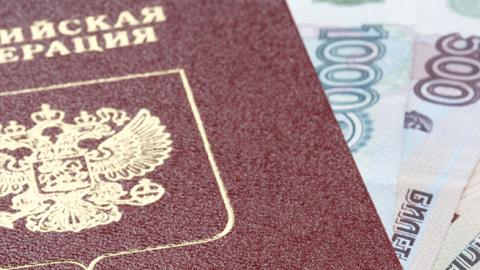View Full Report in PDF Format
p(firstLetter). When the Soviet empire collapsed in 1991, it was widely believed that Western-style democracy and liberal capitalism based on free elections, separation of powers and the rule of law would eventually take root in the Commonwealth of Independent States (CIS) and other regions emerging from the Cold War. Even when ex-Communist Party leaders and representatives of Soviet security services returned to power throughout the former Soviet Union (FSU) in the late 1990s to mid-2000s, mainstream political thought never once doubted the inevitability of democracy’s march across the globe. Experts debated speed and direction, but rarely questioned the ultimate destination.
Unfortunately, recent global events have shown that the post-Cold War flow of money and values was not a one-way affair. When the floodgates opened after the fall of the Iron Curtain, the post-Soviet swamp was not swept away but instead served to muddy Western waters. In most FSU countries, democratic institutions and national economies have not become as strong and transparent as originally envisaged—in fact, the reverse trend has often been highly and sometimes tragically visible.
The truth is that the West has largely failed to export its democratic norms and is instead witnessing an increasingly coordinated assault on its own value system. This destructive import of corrupt practices and norms comes not only from post-Soviet kleptocratic regimes like Azerbaijan, Kazakhstan, and Russia, but also from China and other countries around the world whose ruling elites now possess far-reaching financial and political interests in the West.

















